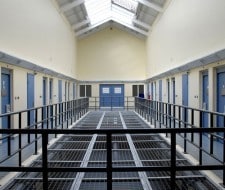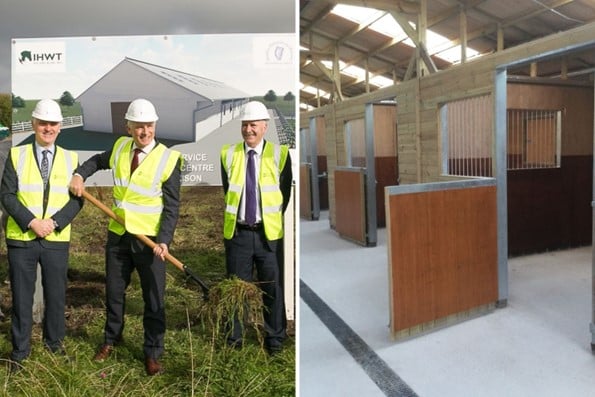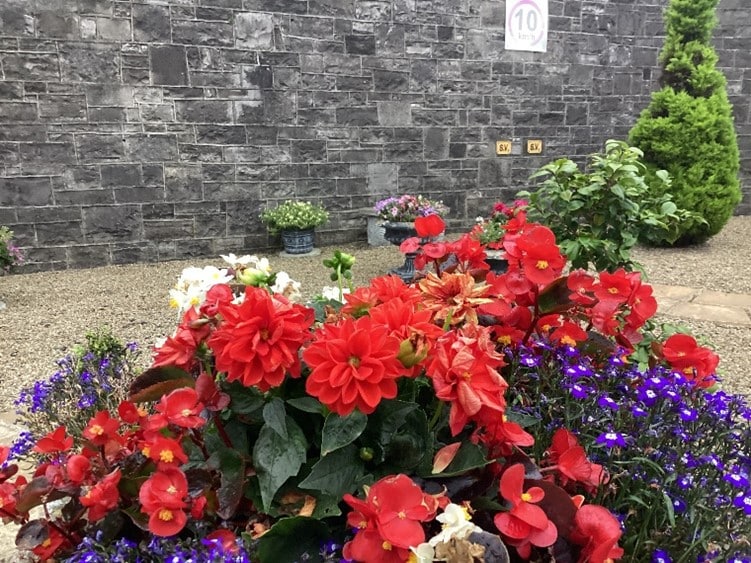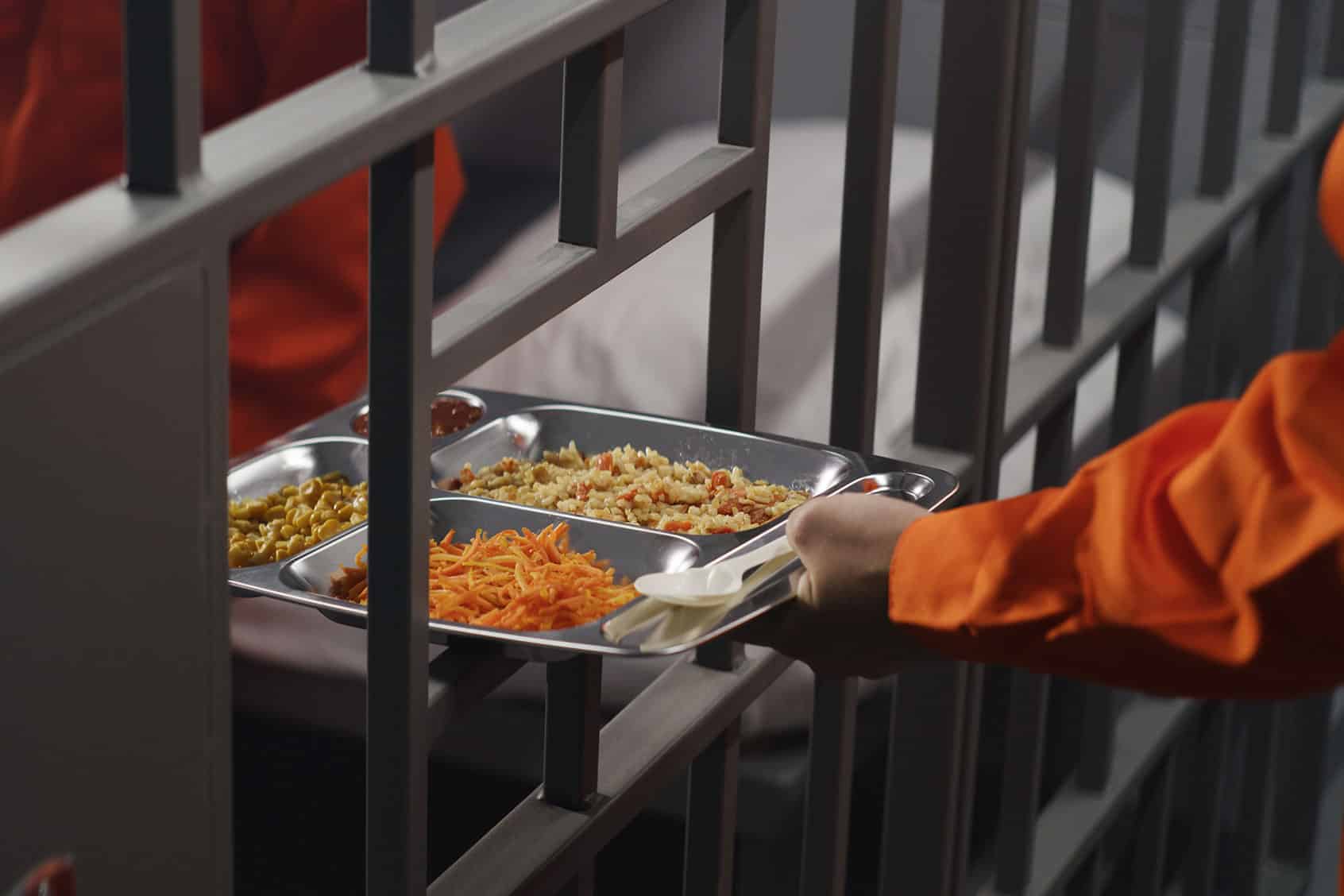Behind Bars and Beyond: The Growing Food Waste Crisis in Prisons
Ireland’s prison system spends over €10 million annually on inmate food, yet much goes to waste due to poor forecasting, rigid menus, and inefficiencies. This contributes to Ireland’s 750,000 tonnes of yearly food waste, drains public funds, and hinders climate goals. Tackling this issue offers economic, environmental, and social benefits through cost savings and better resource use.
The Scope of the Problem
Food waste in Irish prisons is driven by a mix of structural, logistical, and operational challenges. Inaccurate forecasting often leads to surplus meals due to daily fluctuations in inmate numbers caused by court appearances, medical absences, or transfers. Limited menu flexibility and lack of inmate choice result in rejected meals, while rigid food preparation schedules and inadequate storage cause perishable items to spoil before use. Moreover, the absence of standardized systems to monitor kitchen surplus and plate waste allows inefficiencies to persist, perpetuating unnecessary food disposal across facilities.


Unpacking the Drivers of Food Waste in Irish Prisons
Food waste in Irish Prisons stems from a combination of structural, logistical, and operational challenges. One major cause is inaccurate forecasting – meals are prepared based on projected inmate numbers, but daily fluctuations due to court appearances, medical absences, or transfers often leave kitchens with surplus food. Limited menu flexibility and lack of inmate choice also contributes, as prisoners may refuse meals they find unappetizing or culturally inappropriate. In some facilities, rigid food preparation schedules and inadequate storage infrastructure mean that perishable items spoil before use. Additionally, the absence of a standardised system to monitor or measure plate waste and kitchen surplus means that inefficiencies go unaddressed, perpetuating the cycle of unnecessary disposal.
Challenges Fuelling Food Waste in Irish Prisons
Lack of Data and Monitoring Systems
- Most Irish prisons don’t track daily food waste, making it hard to gauge the problem or create effective, consistent reduction strategies.
Operational Inflexibility and Forecasting Issues
- Most Irish prisons don’t track daily food waste, making it hard to gauge the problem or create effective, consistent reduction strategies.
Barriers to Redistribution and Sustainable Disposal
- Food safety rules and security concerns block donating uneaten meals, while limited composting options mean most food waste ends up in landfills, raising costs and environmental harm.
The importance of managing food waste
Managing food waste in Irish prisons is essential for financial, environmental, and operational reasons. With an annual food budget over €10 million, wasted food from overproduction, spoilage, and refusal leads to unnecessary costs and reduced funds for rehabilitation and healthcare. Food waste also produces methane emissions, harming Ireland’s climate goals and UN commitments to halve waste by 2030. Operational inefficiencies like poor forecasting worsen the issue, impacting service quality. Addressing food waste can improve sustainability, save money, and enhance prison operations.

Addressing Food Waste in the Irish Prison Service
The Irish Prison Service (IPS), under the Department of Justice, manages the custody, care, and rehabilitation of inmates across various facilities in Ireland. Headquartered in Longford, it oversees daily operations and national policy implementation across prisons including Mountjoy, Cloverhill, Castlerea, and others.
To address high organic waste levels, the Irish Prison Service launched a sustainability agenda focused on waste reduction, environmental impact, and rehabilitation. A key initiative involved partnering with Harp Renewables to implement innovative waste processing technology across prisons, cutting CO₂ emissions while promoting sustainable practices among inmates.
Rehabilitation and Environmental Impact
The project has yielded a range of positive outcomes:
- Waste Reduction: The implementation of CX machines across the IPS estate has led to substantial reductions in food and organic waste volumes, with Castlerea Prison reporting a 75% reduction in waste weight and volume.
- CO2 Emissions: Annual greenhouse gas emissions have been significantly reduced, aligning the IPS with Ireland’s climate goals under the EU’s Farm to Fork Strategy and the UN Sustainable Development Goals.
- Inmate Rehabilitation: Inmates engaged in operating the CX machines gain hands-on experience in sustainable practises and waste management. The “Horses of Hope” Equine Centre at Castlerea exemplifies this, where inmates work with animals and process horse manure into fertiliser, enhancing post-release employment opportunities. This has reduced waste volume by 75% and created a high-quality end product that can be used in the prison’s gardens.

- Closed-Loop System: Processed compost is reused in prison gardens, promoting a circular economy and reducing reliance on chemical fertilisers.


The collaboration between the Irish Prison Service and Harp Renewables demonstrates a successful model for integrating sustainability into public sector operations. By converting organic waste into a valuable resource, the IPS has made significant strides in waste reduction, environmental responsibility, and inmate rehabilitation. The widespread adoption of Harp CX technology across Ireland’s prisons offers a scalable, impactful solution to the pressing issue of institutional food waste.
The Path Ahead
Addressing food waste in the Irish prison sector requires a coordinated, data-driven approach that balances sustainability, efficiency, and rehabilitation. The Irish Prison Service can expand the use of on-site food waste processing technologies, standardise waste tracking to reduce overproduction, and improve kitchen practices. Integrating sustainability education and hands-on composting programs can equip inmates with green skills for reintegration. By embedding food waste reduction into prison policies, the IPS can lead by example, enhancing environmental outcomes while promoting accountability and dignity.









0 Comments